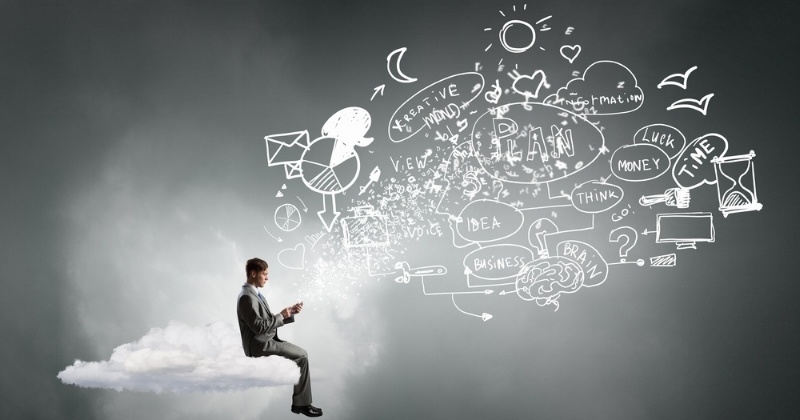"Deskless" has a lot of meanings in today’s work landscape. From traveling training teams to retail store staff and kitchen line workers, the idea that “a real employee” has a desk and a computer is outdated. Keeping mobile staff engaged is one of the key struggles that has emerged as the workforce has dispersed. We’ve found that social learning techniques helps to keep deskless workers actively involved and in touch.
Employee engagement is a measurement of how your staff is feeling about their work and the company. Are they excited about and committed to what they do? Do they trust the organization and have confidence in the mission and core values? If so, chances are they will be more productive and energetic on the job. Employees that aren’t engaged have a higher rate of turnover - something you don’t need in the restaurant and retail industries, where worker churn is already above 60%.
“Social learning” is a theory put forth by Albert Bandura in the mid 20th Century that describes how people learn by observing and modeling the behaviors, tasks, and emotions of others around us. Bandura’s premise summarizes four basics that form the basis of social learning: attention, retention, reproduction, and motivation.
eLearning systems that make use of social learning methods in their lessons and communication modules help employees when they are working through the four stages of Bandura’s concepts.
Attention
Make sure their attention is focused on what’s being learned. People concentrate better when they are informed up front what the lesson will cover along with any other information needed, such as recipe ingredients or items needed for folding clothes on the sales floor.
Retention
The key to retention is for employees to learn where they do their jobs, not in a classroom or back office. Keep lessons short, use video when possible, and provide performance support with mobile devices both when and where the employee needs it.
Reproduce
As mentioned, performance support helps staff members reproduce the proper steps or techniques for their tasks. Having this information available when a question arises reduces anxiety and keeps other employees on-task as well.
Motivation
Employee motivation is bolstered by observing the actions of other employees. Instead of hoping that all of your employees are exhibiting model behavior at all times, use video sessions in your Learning Management System to have a standard, repeatable example for your staff to refer back to.
Introducing social learning techniques doesn’t have to be a difficult exercise as long as you have the right tools in place. Communicating with your employees is the best way to present a model for them to emulate, keeping dialogue open throughout the process of implementation. Use your mobile eLearning system to distribute the learning materials and solicit feedback often, making improvements from their suggestions. This will show your deskless staff that you’re serious about progress and keep them engaged with the home office.






